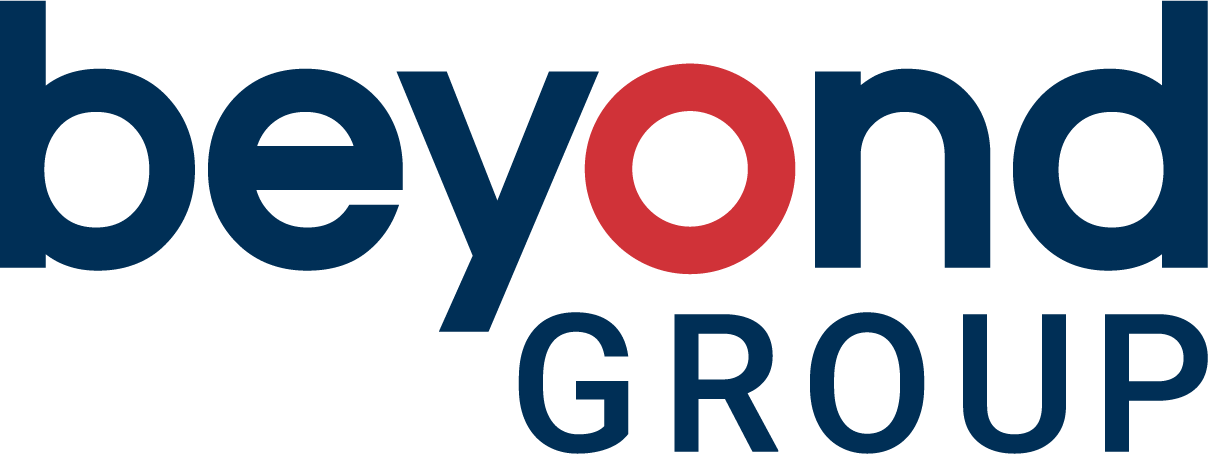The Social Enterprise Qualification Manual
Developed By:
Beyond Group
In Partnership With:
European Union
Badael Consortium
2020
Social Entrepreneurship In Lebanon
THE SOCIAL ENTERPRISE QUALIFICATION MANUAL
Lebanon is facing the worst political, economic, social and health crisis leaving major impact on communities across the country. In the limited government response, the space to fulfil these needs, existing and upcoming, have been left to the country’s entrepreneurs, its active civil society, and the economic and livelihood development sector.
Over the past few years, the challenges faced have been key incentives for social initiatives to arise in both urban and rural contexts where citizens aim at serving their community through solving its social problems, employing local citizens, and using local resources; especially amongst Lebanese youth claiming ownership of their own localities and actualizing their vision for a better country. Social entrepreneurship (SE) is emerging in this context, hence the need to clarify this concept and identify its potential rewards becomes essential. As it navigates through both profit and nonprofit spheres, SE proposes new organizational structures and operating procedures, hence it taps into uncharted territory in public policy.
While this innovation model is increasingly gaining traction in Lebanon and the Middle East, the presented opportunities for solving the pressing social, political, and environmental problems in this part of the world require a framework for establishing a common understanding of social initiative, success, and solidification. This manual serves as a practical guide for multiple stakeholders including, the governing entity who will assess and qualify the social enterprises, the social enterprises who wish to qualify, and for other stakeholders giving professional advice about social enterprises in Lebanon.
The document starts by introducing the concept of social entrepreneurship and its complexity, and the contextualized definition of it which was agreed upon by social enterprises and ecosystem actors in Lebanon. It continues by elaborating on the qualification model being chosen as a legal/policy option most suitable for the Lebanese context, with its associated three-layer matrix and qualification components. The essence of this manual is consequently presented through the qualification process which outlines the diverse qualification components, each with its associated criteria, while providing practical guidance to the process of meeting each criterion.

